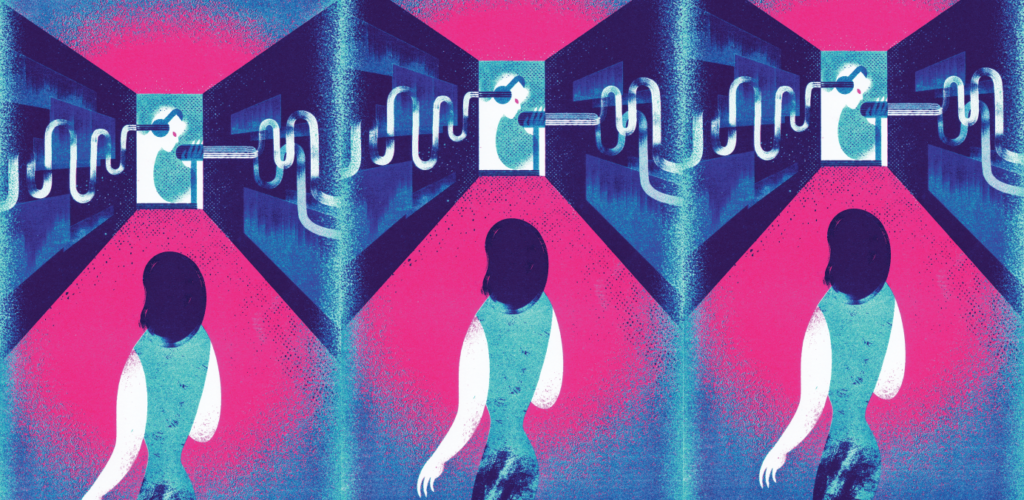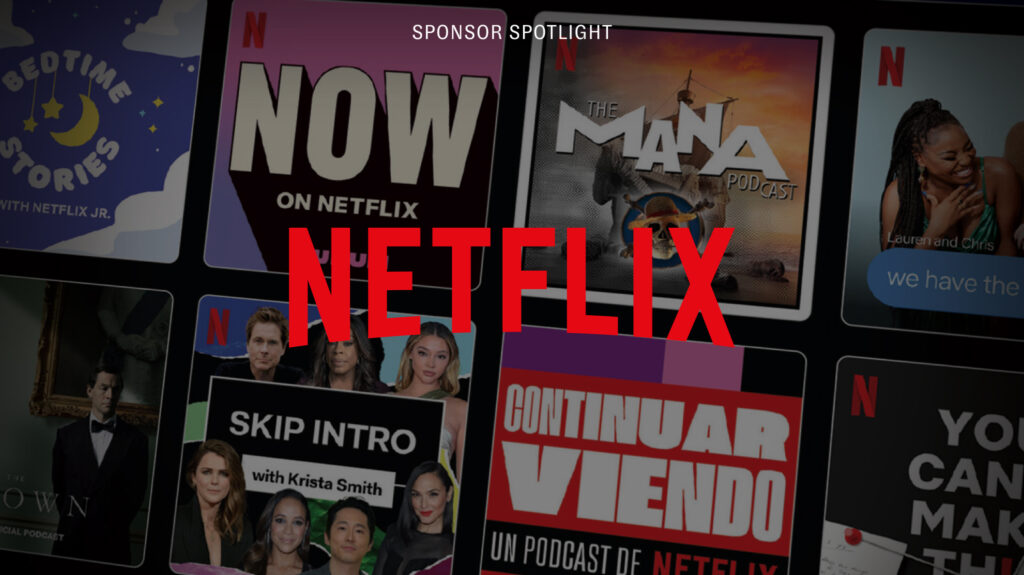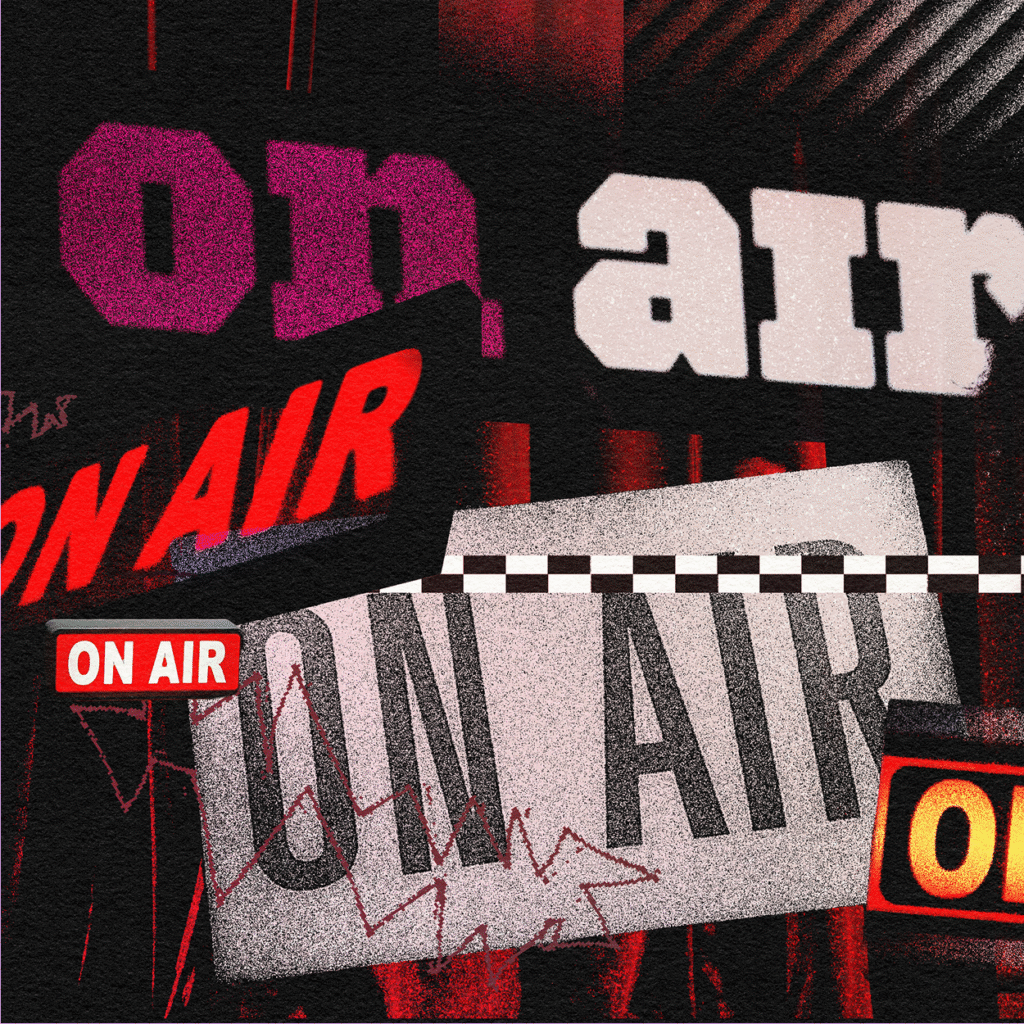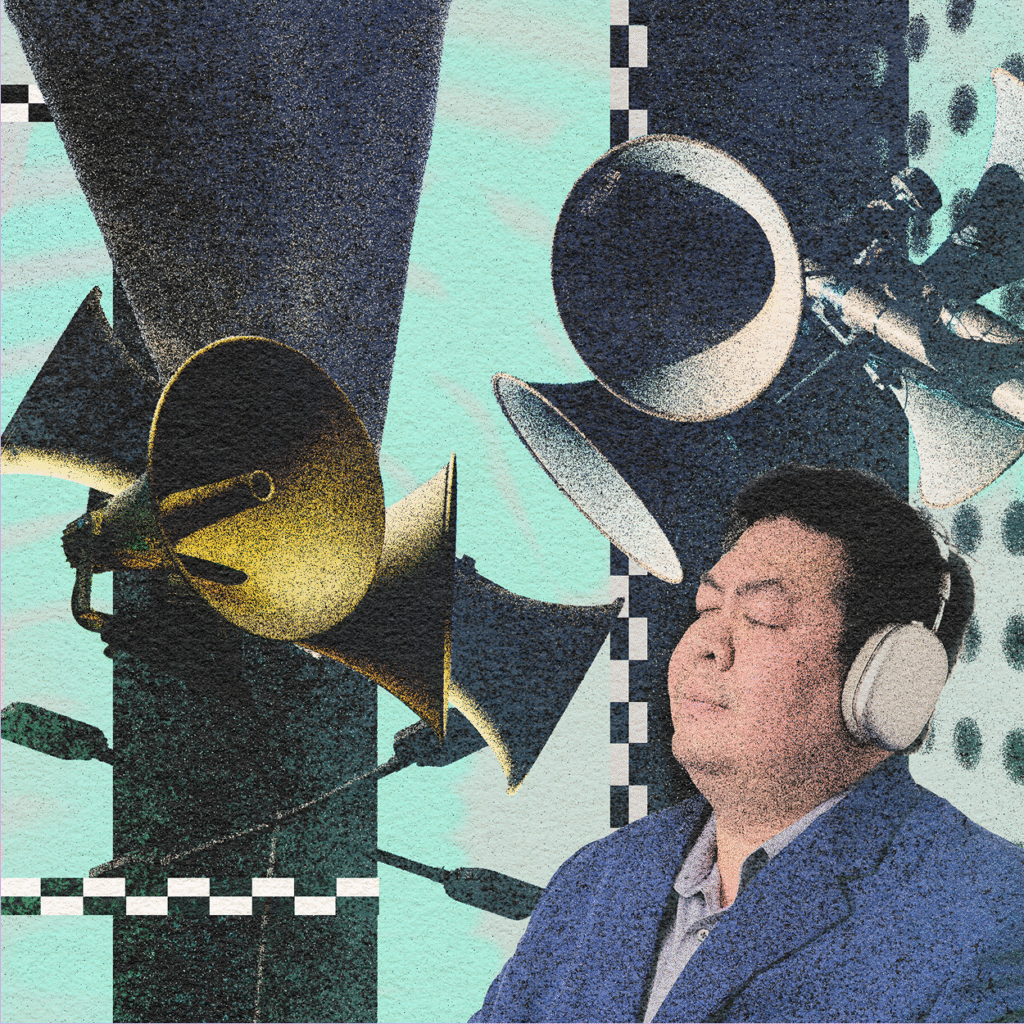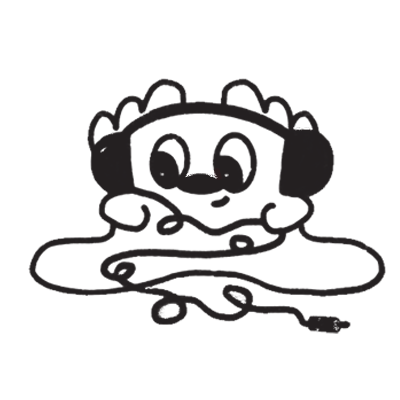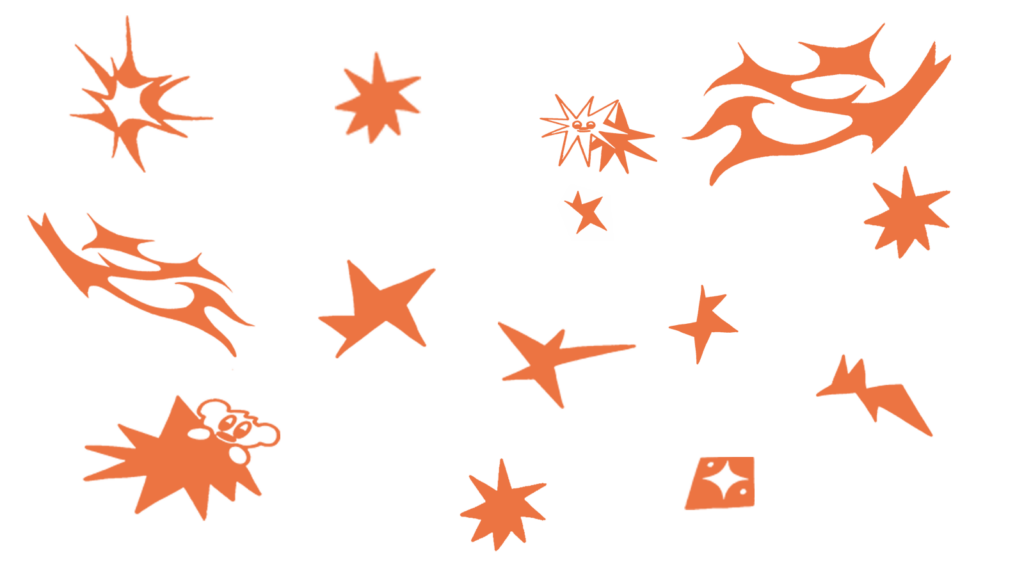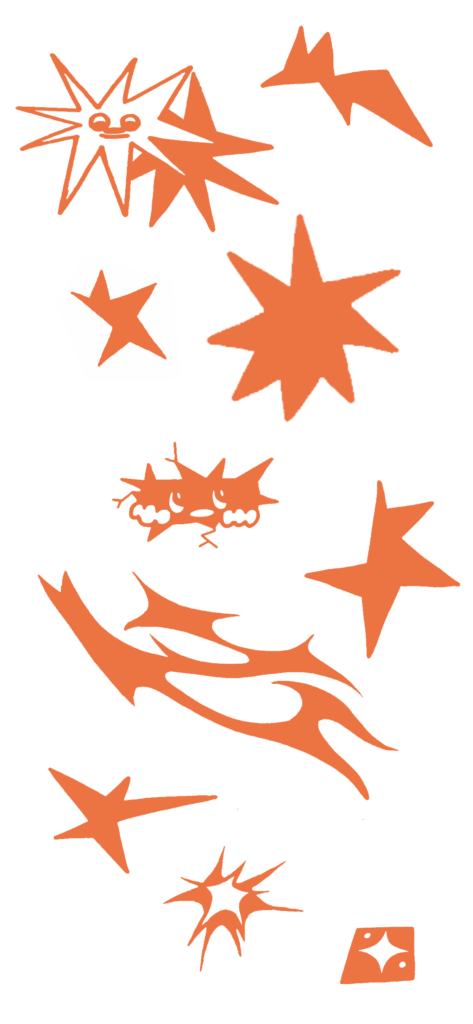The Podcaster’s Wife
When Emily* was planning to break up with her boyfriend, Dan, in May of 2021, she struggled to find time in his podcast recording schedule to have the tough conversation.
I have recorded and produced podcasts for almost a decade, and during that time, the demands of keeping my shows afloat—recording at unsociable hours; learning how to use complicated editing software; scheduling guests and writing show notes—have had significant impact on my relationships. In 2020, a four-year relationship came to an end, partly because my partner grew frustrated as I repeatedly canceled our date nights to work on my show. A few months ago, despite being on vacation with my now-wife, I recorded several episodes from a hotel room in order to keep the release schedule consistent. I feared that taking a break for longer than a week would result in my listeners—many of whom have limited amounts of disposable income—canceling their subscriptions. I am ashamed to admit that I’ve missed birthdays and funerals to ensure the schedule is uninterrupted. Even now, despite having enough money to outsource some time-intensive production tasks, running a podcast around my day job requires the majority of my free time.
This experience is common among podcasters as they transition from hobbyists to professionals. Far from the low-effort, underemployed “podcast bro” stereotype, industry experts note even the most amateur of podcasters face a tougher environment for getting a new show off the ground than ever before. A decade ago, making a podcast might have just required a pair of Apple earbuds, a free audio editor, and a SoundCloud account. Today, not only do you need a Spotify subscription and a condenser microphone to sound legitimate, but any desire to get a show heard requires neat editing, consistent publishing, and regular promos on social media
Though the industry as a whole is estimated to be worth close to $20 billion, most budding podcasters still operate independently, funding their ideas out of their own pockets. This means that podcasting is filled with people like Dan and I, who have to plan, record, edit, publish, and promote their shows themselves. “There are structures in podcasting that encourage an almost 24/7 commitment, just as with anything that is heavily leveraged on social media success,” says Nick Hilton, a U.K.-based podcast producer and founder of Podot, a creative studio that develops podcasts. In Hilton’s experience, podcasters don’t necessarily face unique pressures compared to other creatives—but he notes that as the industry has grown and concentrated on platforms like Spotify, the lines between podcasting as a hobby and as an occupation have blurred.
“Doing something you love often means you are willing to do it with a more ferocious commitment,” Hilton says. “Adult life is about trade-offs, and the biggest one is often work versus family. Only people who are truly passionate about the former tend to choose it, and it just happens that podcasters are usually passionate people.”
Podcasters I speak to say their shows, across varying levels of success, have massively impacted their social lives. Some have quit their podcasts in order to save their relationships. Others say their podcasts have made it difficult to find time to date. But these challenges all hinge on the need to maintain an unrelated full-time job while creating enough episodes to build an audience and (hopefully) get paid.
Alex Ptak, a comedian based in New York City who hosts multiple podcasts, including Pod Damn America and Ballin’ Out Super, says that while he struggles with this dynamic, podcasting professionally is better than doing standup. “My wife oscillates back and forth between appreciating that I am no longer gone all of the time, grinding stand up comedy, to being annoyed I am hosting a show in her kitchen,” he jests.
Emily doesn’t blame Dan’s podcasting ambitions for the collapse of their relationship, nor does she hold any resentment toward podcasting in general. In fact, she preferred Dan’s excitement to him feeling depressed over the layoffs. In the end, seeing a podcast launch from behind the scenes made her appreciate the work that goes into making shows, especially ones she would “only half listen to” or “have on in the background if I didn’t want to listen to music.”
Still, she admits that her experience with Dan has made her wary of dating men who host podcasts—a legion which seems to have only grown in the past few years. Recently, she swiped left on five guys who presented themselves on dating apps as podcasters, worried she’d “end up being a background character in a podcast story.” That being said, every so often she does check in on Dan’s podcast, which has grown a small but loyal listenership. She finds some of it funny, even endearing.
“Who knows,” she says, “one day he might invite me on as a guest!”
![]()
*Names have been changed.
Hussein Kesvani is a journalist and podcaster based in London. He is the co-host of Trashfuture and Ten Thousand Posts.
